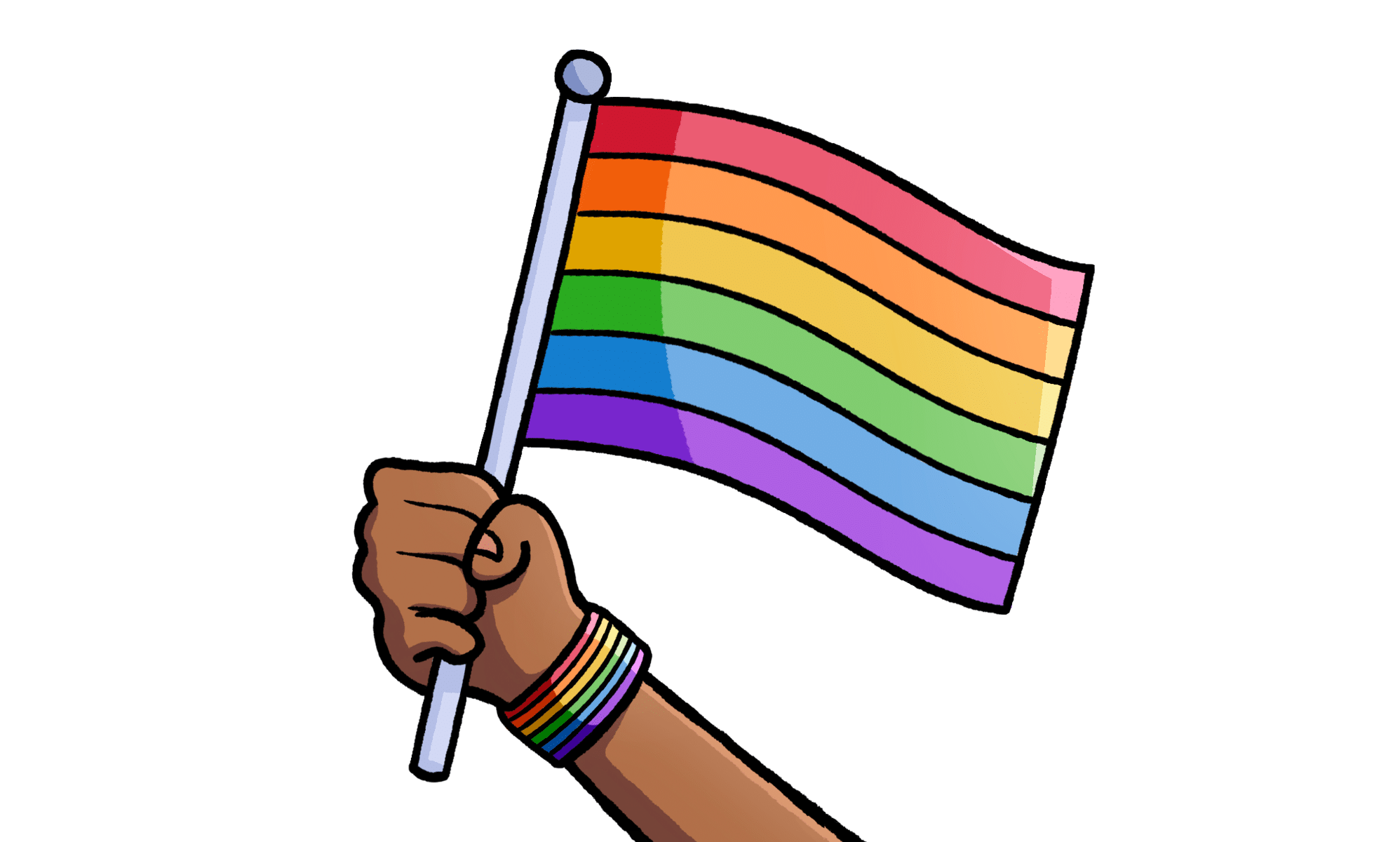Where do each of the G20 countries stand on LGBT rights?

Today 20 of the world’s leading economies meet to discuss issues of global importance, the G20 summit is to take place in Russia which has found itself at the centre of an international storm of controversy over its law which bans the promotion of “non traditional” relationships.
With the Winter Sochi Olympics taking place in Russia early next year many activist are calling upon world leaders to raise the issue of Russia’s anti-gay laws with President Vladimir Putin.
Below PinkNews outlines the records of the G20 countries when it comes to LGBT rights.
Argentina
LGBT Rights Record – Good
The recognition of LGBT rights in Argentina are among some of the most advanced in Latin America. Argentina legalised same-sex marriage in 2010 becoming the first country in Latin America to do so. The country also provides full adoption rights to same-sex couples and as of 2012 people can legally change their gender. Currently no national laws are in place to provide discrimination protections however such laws do exist in Buenos Aires, Argentina’s largest city as well as the heavily populated city of Rosario. In 2012 senators approved a Gender Identity law that allows for adults to legally change gender and status on legal documents without the approval of a doctor or a judge.
Australia
LGBT Rights Record – Good
Same-sex sexual activity has been legal nationwide in Australia since 1997 with gradual strides forward being made in terms of LGBT rights. While same-sex marriage is not recognised in Australia there is recognition of same sex relationships with options of registered partnerships available or unregistered cohabitation rights available. Prime Minister Kevin Rudd who is currently in the middle of an election campaign has come out in support of same-sex marriage rights and in recent weeks criticised his opponent Tony Abbot who remains opposed to equal marriage.
Brazil
LGBT Rights Record – Very Good
Same-sex marriage has been available nationwide in Brazil since May 2013. Many states have laws prohibiting discrimination on the basis of sexual orientation. Earlier this year over 1 million people turned out for the Sao Paulo pride event, Brazil provides gender reassignment operations free as part of public healthcare but a person has to be 21 years of age and doctors need to approve the operation.
Canada
LGBT Rights Record – Very Good
Canada was the third nation in the world where same-sex marriages were legally performed and has sexual orientation discrimination protections nationwide. Under Prime Minister Stephen Harper the Government has been very vocal in the stand they have taken for LGBT rights around the world. The Canadian Foreign Affairs Minister John Baird has strongly criticised Russia as well as other countries that have poor records on LGBT rights. He described the gay propaganda law in Russia as a “hateful” piece of legislation.
China
LGBT Rights Record – Poor
Same sex sexual activity is legal in China and in 2001 homosexuality was removed from the Ministry’s of Health list of mental disorders. However no recognition of same-sex relationships exist, same-sex couples cannot adopt children and no discrimination protections exist for LGBT people. On the whole the human rights record of China is considered poor with various organisations and governments raising concerns over freedom of speech and expression in the country.
France
LGBT Rights Record – Very Good
Under the socially liberal Francois Hollande, equal marriage and adoption rights have been extended to same-sex couples. France has both sexual orientation and gender identity discrimination protections in place and is generally considered one of the most gay friendly places in the world. Trans people are able to legally change their gender and in 2009 France became the first country in the world to remove gender dysphoria from its list of diseases. French officials have expressed concern over Russia’s anti gay legislation in the run up to the Sochi Winter Olympics.
Germany
LGBT Rights Record – Good
Since reunification in 1990 Germany has progressed well on LGBT issues. Equal marriage is not available in the country but registered partnerships have been available since 2001. Discrimination protections exist to LGBT people in the workplace and the public are generally supportive of equal rights. German Foreign Minister Guido Westerwelle strongly criticised Russia over its gay propaganda law calling the treatment of LGBT people in the country “unacceptable.”
India
LGBT Rights Record – Very Poor
In 2009 the Delhi High Court struck down a law that criminalised homosexual intercourse on the basis that it violated fundamental rights provided by the Indian Constitution. Currently however no legal protections exist for LGBT people, there are no discrimination protections and there are no laws to protect against discrimination in the workplace. Transgender people gained legal recognition in 1994 but discrimination is widespread and the country does not provide safe medical facilities to allow people to change their gender.
Indonesia
LGBT Rights Record – Very Poor
On a national level homosexual activity is not illegal in Indonesia but discrimination and violence is a very real issue for people living in the country. In 2002, the Indonesian Government gave Aceh province the right to introduce Islamic sharia law. Fifty-two regions have since enacted sharia from the Koran which criminalizes homosexuality. Earlier this year Banda Aceh Deputy Mayor Illiza Sa’aduddin Djamal labelled homosexuality “a social disease that should be eradicated” and went onto propose a law that would make homosexuality punishable by up 100 public lashes.
Italy
LGBT Rights Record – Poor
Both male and female same-sex sexual activity are legal in Italy, but same-sex couples and households headed by same-sex couples are not eligible for the same legal protections available to opposite-sex couples. Since 2002 there have been several attempts to legislate to prohibit discrimination based on sexual orientation and gender identity, including one bill that is currently in progress.
Japan
LGBT Rights Record – Poor
In Japan, there are currently no laws against homosexuality, but there is no legal recognition of same-sex relationships or legal protection against discrimination. Japanese culture and the major religions in Japan, however, do not have a history of hostility towards LGBT individuals.
Mexico
LGBT Rights Record – Good
LGBT rights vary upon region in Mexico but many positive changes have taken place since 2001. Same sex marriage is legal in Mexico City and Quintana with civil unions available in other cities across the country. Since 2003 discrimination protections have existed to protect people from discrimination in the workplace. Conservative attitudes do still exist in areas of the country, recently a Mexican Congresswoman came under fire when she argued against equal marriage because “gay people do not look each other in the eye during sex.”
Russia
LGBT Rights Record – Very Poor
International attention has focused on Russia over the past few months over increasingly anti-gay measures taken by the government. While same-sex activity is legal in Russia recently passed laws make illegal for people to positively promote “non traditional” relationships and Russia has banned same-sex couples (where they live in Russia or abroad) from adopting children. Russia has faced international backlash for their stance due to the Winter Olympics set to take place there next year. In a letter to the International Olympic Committee (IOC) Russia defended its anti-gay laws by claiming that they were not homophobic because they targeted all people regardless of sexual orientation. Russia has been further criticised for human rights violations over the signing of a law that bans protests and demonstrations throughout the duration of the Winter Olympics.
The laws enacted by the Russian Government will apply to both Russians and Foreigners raising concerns that athletes and tourist visiting Russia shall not be safe during the Games. President Putin has sought to allay fears despite the fact that lawmakers say that the laws cannot be suspended.
Saudi Arabia
LGBT Rights Record – Extremely Poor
Under strict sharia law LGBT rights are completely unrecognised in Saudi Arabia. Homosexuality is punished with imprisonment, corporal punishment and capital punishment. Saudi Arabia has harshly cracked down on homosexuality and those who politically advocate for LGBT rights. Last year the Kingdom of Saudi Arabia despite already punishing homosexuality with the death penalty in some cases banned gays from attending any of its schools.
South Africa
LGBT Rights Record – Very Good
Since the fall of the Apartheid Government, South Africa has allowed the advancement of LGBT rights. It became the first country to write up a constitution that outlawed discrimination against gay people. It became the fifth country in the world and the first country in Africa to legalise equal marriage. It was announced earlier this week that South Africa was going to enact new hate crime legislation to protect LGBT people from hate speech and verbal attacks. People have had the legal right to legally change gender since 2003 and while discrimination protections do exist it has been reported that trans people are discriminated against in the workplace.
South Korea
LGBT Rights Record – Poor
Same sex relations are legal in South Korea but recognition of LGBT citizens are limited. Efforts to include protection of sexual orientation in the Anti-Discrimination Act have been controversial and thus far unsuccessful. General awareness of homosexuality remained low among the Korean public until recently, with increased awareness and debate coming to the issue, as well as gay-themed entertainment in mass media and recognizable figures and celebrities coming out in public. But Korean gays and lesbians still face difficulties, and many prefer not to reveal their gay identity to their family, friends or co-workers.
Turkey
LGBT Rights Record – Poor
Homosexual relations are legal in the Republic of Turkey since 1858, but the law does not include sexual orientation or gender identity in its civil rights laws and there is no legal recognition for same-sex couples currently. The situation in regard to LGBT rights in Turkey has been improving in the 21st century, with proposals to introduce legislation against anti-LGBT hate crimes and discrimination, as well as to constitutionally allow the legal recognition of same-sex marriage. On 12th August 2013 the commission which is drafting the new constitution has agreed to provide constitutional protection against discrimination of LGBT people.
United Kingdom
LGBT Rights Record – Good
LGBT rights have been greatly enhanced since 1997 with laws equalising the age of consent, servicemen and women being able to serve openly in the military, discrimination protections, adoption rights for same-sex couples in England, Wales and Scotland and same-sex marriage as of 2013 in England and Wales with Scotland expected to soon follow suit. In Northern Ireland however there is no sign that same-sex marriage will soon be available and same-sex couples are not eligible to adopt children. People have been able to legally change their gender since 2004 with trans people having to provide evidence to Gender Recognition Panel which is provided for both on the NHS and private healthcare. Activist have expressed concern that those seeking to legally change their gender any marriages they are apart of are annulled. With the passage of equal marriage this issue has still not been resolved.
Prime Minister David Cameron has been a strong advocate of LGBT rights pushing through equal marriage despite opposition from within his own party as well as warning countries that receive foreign aid that it would be subject to how they treat LGBT people. David Cameron has become the first leader to confirm that he will raise the issue of LGBT rights with President Putin while at the G20. He has expressed concerns about the treatment of LGBT people in Russia and in regard to the Sochi Olympics has said that the best way to challenge the homophobia is to attend the Games and make a stand.
United States of America
LGBT Rights Record – Good
LGBT rights in the United States vary greatly on a state-by-state basis. Sexual activity between consenting adults has been legal nationwide since 2003.
Under President Barack Obama the United States has seen a shift both politically and culturally when it comes to LGBT rights. As of 2013, thirteen of the 50 US states recognise equal marriage with several counties in New Mexico now doing the same. President Obama and Vice President Joe Biden have both publicly gone on record to say that they support same-sex marriage. It has been reported that President Obama is set to meet gay rights leaders in Russia while attending the G20. In August the Obama administration cancelled a meeting in Moscow citing the recent passage of anti-gay legislation as part of the reason for the cancellation.
Despite strong equal marriage laws, there is still a lack of federal anti-discrimination legislation. The Employment Non Discrimination Act is still pending in the US Senate, which would protect against discrimination in the workplace based on gender identity or sexuality.
LGBT Rights Record – Good
LGBT rights in the European Union are protected under its treaties and law. Homosexuality is legal in all EU states and discrimination in employment has been banned since 2000. However EU states have different laws when it comes to any greater protection, same-sex marriage and LGBT adoption.
Acceptance of homosexuality by society is high in European Union countries, with Spain, Germany and the Czech Republic being the top three countries among the studied countries in a global Pew Research Center study.
Country ratings courtesy of Out4Russia. which launched last week and allows users to lobby G20 governments into action against the Russian law.





















